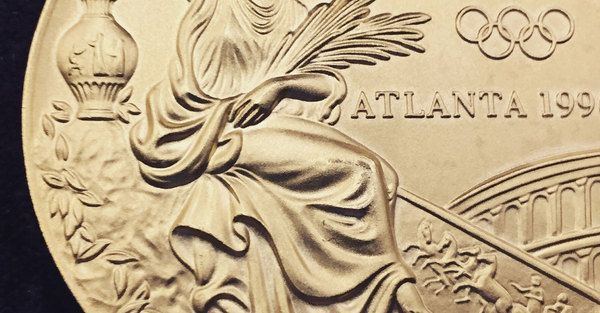Drop off your CV
We serve the global HR community through our offices located in Delhi, Hong Kong, London, New York, São Paulo and Singapore and have placed HR leaders in over 30 countries.
Yesterday I was exceptionally fortunate to be able to sit down and listen to one of the UK&r...

Yesterday I was exceptionally fortunate to be able to sit down and listen to one of the UK’s greatest sportsmen, Sir Matthew Pinsent, CBE, who, during his rowing career, won 10 world championship gold medals and four consecutive Olympic gold medals. After reflecting on his talk with a group of CEO’s and MD’s, I wanted to pass on some of the key points he raised on the importance of goal-setting and teamwork.
Every time Matthew won at the Olympics, he was asked whether he wanted to continue as an athlete. It was at this moment that he made a crucial decision to put his past glories behind him and focus on the next goal ahead. Once that decision had been made, he never sat back and thought that he had achieved enough. He moved on constantly, focused on the future goals that he and his teammates had set out to achieve.
Matthew was asked if he could have ever been an individual athlete and he adamantly replied “no”. He remembered a time when he was sitting in a boat hut in mid-November with the rain slashing sideways, and how he had no desire to go out at all. At that moment he said it was important to look around to his teammates, as there was always someone to spur him on. In his team it was either Sir Steve Redgrave or James Cracknel telling him “the Germans will be out in this” and that was all he needed. It was because he was in a team where everyone was well-aware of their part to play that he remained motivated.
In the build up to each Olympics, tensions would mount and teams would laugh, cry and argue with equal gusto. However on race day, and when it really mattered, they believed in each other 100%. Within 100 metres of the finish line in their 2004 Athens Olympics race (which they won by four inches), the lead rower called for more. No one argued, no one disputed what was happening or why they were doing it because all the arguing and all the crying had been done before and this was where they needed to trust the man leading them home. They believed in their teammate to get it right.
Feedback happened constantly in the competitive environment of professional rowing. But what made him stand out was his ability to constantly question how good he was and to repeatedly ask for ways of improving. He said that he was more critical of himself than anyone else around him, and always strived to be better. He actually referenced his last race (where he won gold) and how he can still spot his (very small) mistakes. But it was his ability to learn from these mistakes that made him one of the best of his generation.
I think we can learn a lot from Sir Matthew Pinsent on the value of teamwork in our own company. At Elliott Scott HR, we have an amazing global team, and I believe it is our ability to work together as a team that makes us continuously strive to be better, and stand out amongst our competition.